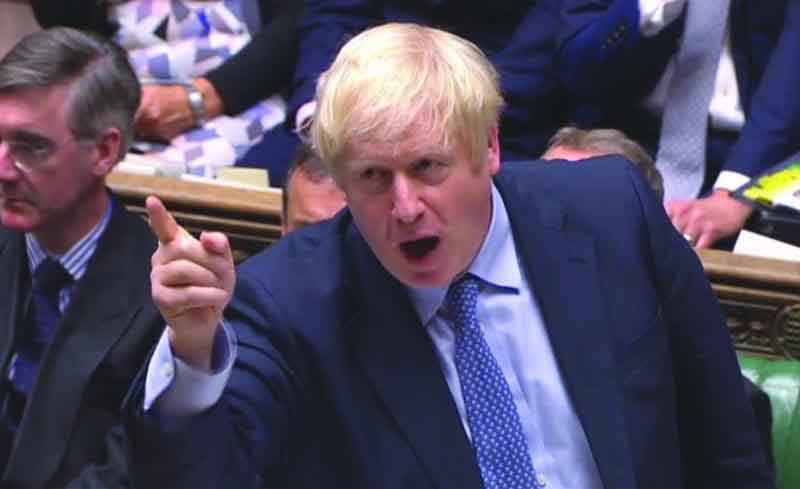
Appearing one year ago at the State House in Nairobi in a joint press conference with former United Kingdom Prime Minister Theresa May, President Uhuru Kenyatta couldn't remember Boris John's full names. So he referred to him as 'this Boris-the-bicycle-guy’.
He said: “Last year, if you recall, the foreign secretary – then Boris, erm, Boris, Boris Johnson – the bicycle guy ... Boris Johnson was here with ambulances. These ambulances were bought courtesy of funds that had been seized, returned and utilised to buy ambulances which were distributed across the country.






